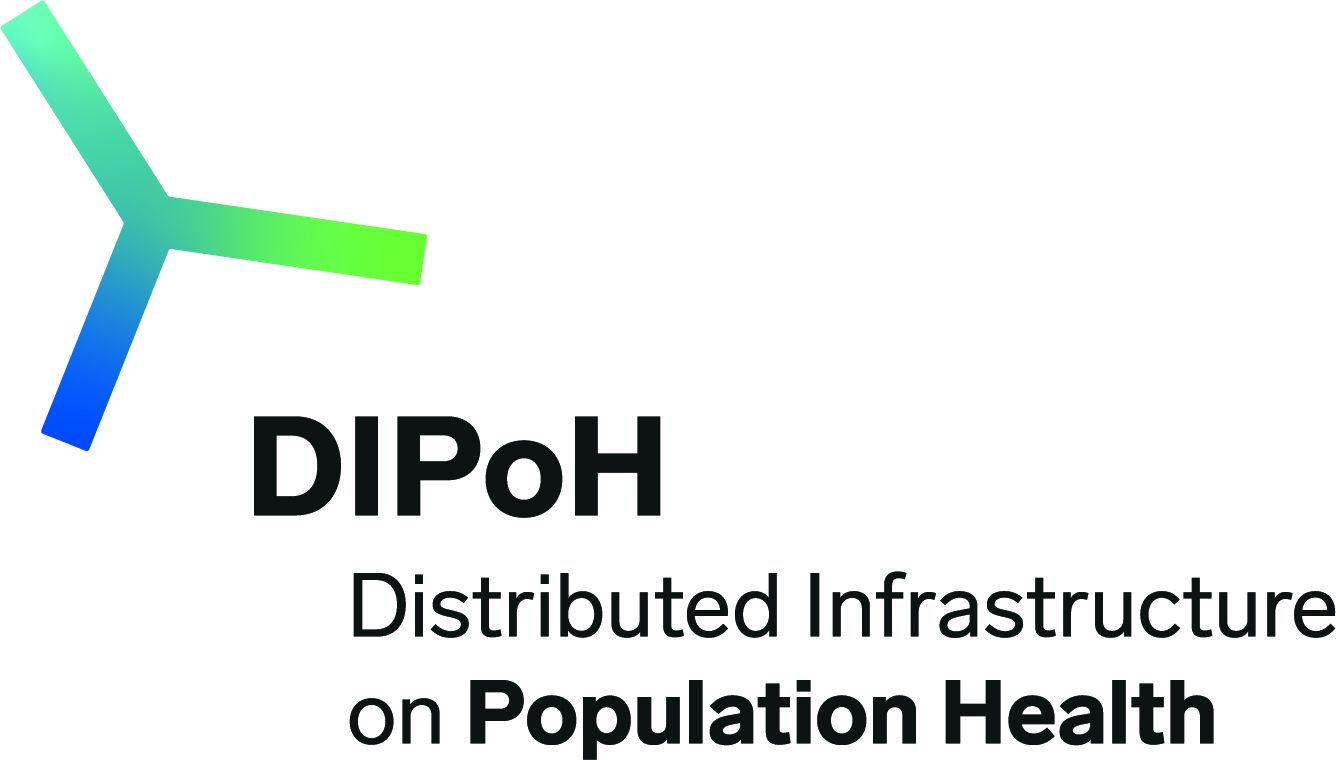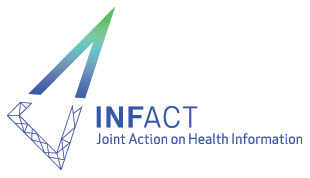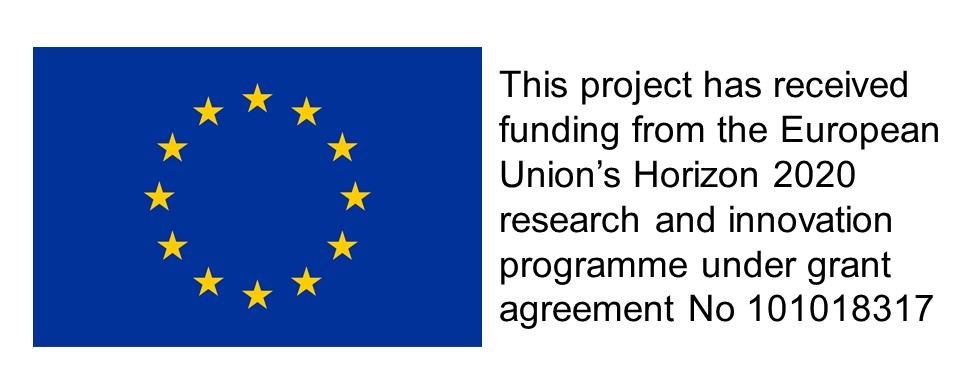Information
Description
Over 2 half days in June and September 2021, the summit identified potential solutions to the challenges of implementing standards, solutions and infrastructure to increase the value of health data as a strategic asset. Best practices and challenges included data from public health, routine health structures, research, trials and GIS, with specific focus on data storage, sharing, legal and ethical aspects.
Improving evidence-based health outcomes depends on data that is available, timely, actionable and reliable. Health data needs to be collected, stored, shared transparently and analyzed, based on the foundations of strong data governance. This includes technical, regulatory and policy frameworks.
The COVID–19 pandemic has exposed long-standing data governance issues, such as intellectual property rights, data sharing, reuse and storage. Globally, persistent data gaps and fragmented approaches to governing health data in different contexts are a major roadblock to using data as a Global Public Good. Health data is a strategic asset that needs global cooperation with clear direction in an evolving fragmented global landscape. This is highlighted in the UN Secretary General’s Data Strategy, World Bank’s 2021 Development Report, 52nd UN Economic and Social Council Statistical Commission and OECD’s Partnership in Statistics (PARIS21). The momentum for health data being a Global Public Good requires: i) consensus building, ii) investment (technical, regulatory and policy), iii) implementation (training and capacity building), and iv) multi-sectoral partnerships, that includes citizen science.
Organization
WHO Headquarters in Geneva
(+41 22 791 21 11)





